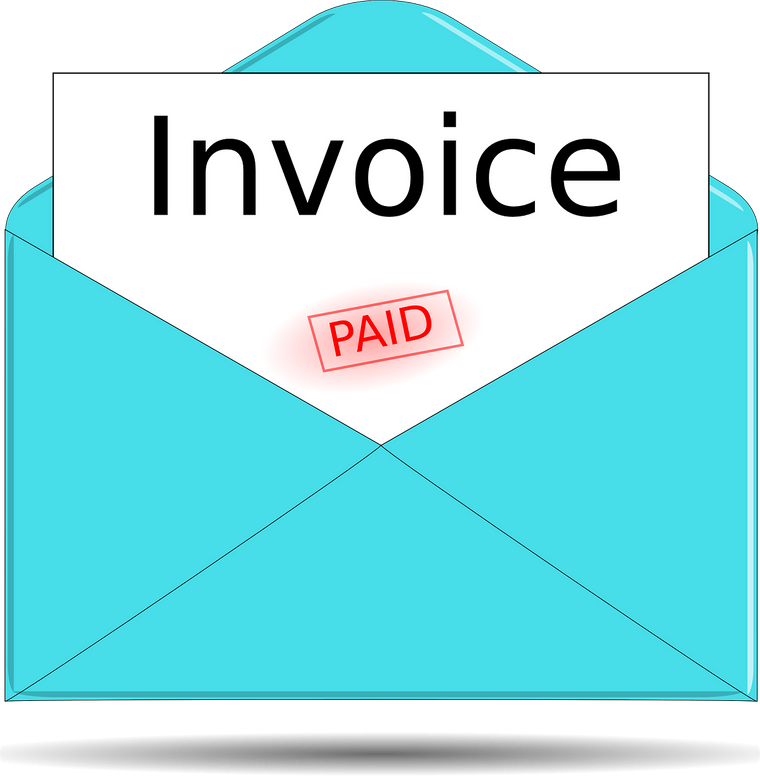A party’s desire to sponsor research at an institution often relates to the further development of an invention claimed in an existing “background” patent application that has been filed by the institution. A license to this patent application is not granted; however, the sponsor will still want to ensure that it receives an option to license the application so that it is not blocked from exploiting the research results. The sponsor might also see potential in the background application in and of itself, just not enough to invest in a full license unless the sponsored research will prove successful.
Granting rights under a background application to a sponsor thus makes perfect sense, but it creates a substantial commercial question that must be solved, namely, who should fund the patenting process for this background application during the research period? The research might be conducted over a number of years, and the costs of guiding an application through its national phase—which typically begins around 30 months from the initial application—can be substantial.
A fundamental subset of this question is whether the sponsor wishes only to have non-exclusive rights in respect of the patent application—essentially, a “freedom to operate” in connection with the exploitation of the research results—or whether it values the background application itself and would want an exclusive license to it subject to the validity of the research.
There are three broad ways of treating this issue in a sponsored research agreement (SRA): (a) Sponsor is required to fund the application; (b) Institution is required to fund the application; and (c) Institution initially funds the application but sponsor will be required to fund it beginning at a certain date.
Each of these routes has its nuances and challenges.
- Sponsor Payment
For the sponsor to fund the application is obviously the easy solution for the institution. The problem is that a sponsor will typically not want to pay the expenses of a patent application which it has not yet committed to license. That is precisely why it is sponsoring the research at the institution – to test the value of the application. And the odds are very low that a sponsored would accept any funding requirement in the event it merely seeks a non-exclusive “freedom to operate” right.
A second consideration is that adding such a payment obligation for the sponsor brings along associated legal clauses, which do not relate to the heart of the subject matter of the SRA but which may nevertheless slow down the contract negotiations.
- Institution Payment
On its face, an arrangement where the institution finances the background application seems equitable. Since the sponsor is not yet exploiting the background application, why should it have to pay for it? And on the other hand, why would it agree to sponsor research when a background application might block it from exploiting the research results?
However, this scenario is not so straightforward from the institution’s perspective, especially since an institution cannot reasonably commit to funding a background application (potentially for many years) when it is not certain that the sponsor will even be interested in licensing it in the end.
To protect itself from such a scenario, the institution can include a statement in the SRA to the effect that it will have the right to abandon/cease to prosecute the application at its discretion, and this is a clear solution when the sponsor’s interest in the background application is to ensure its “freedom to operate” (because this same freedom will still exist if the application is abandoned).
However, when the sponsor sees value in the application itself (i.e., not necessarily tied to the research results), it might not agree to allow the institution to abandon it. In such a case, the institution may agree to provide notice to the sponsor in advance of abandonment, thereby giving the sponsor the ability to cover expenses on its own. Yet such an offer might appear disingenuous to the sponsor, a roundabout way of getting the sponsor to fund the application (because the institution can at any time serve notice of abandonment, forcing the sponsor’s hand). In reality, though, this offer will likely prove genuine, because it is hard to believe the institution would want to put itself in the situation where it falsely declares its intention to abandon, but then nevertheless proceeds to fund the background application when the sponsor calls its bluff and declines to support it. Such behaviour would reek of bad faith.
- Sponsor and Institution Split Payment
A potential middle ground is where the parties agree in advance that the institution will fund the application at the outset, and depending on the progress of the research, the sponsor would at a certain point (ideally, prior to the beginning of the national phase) be forced to decide whether to pick up the ongoing application expenses or to forgo its rights to the application.
In this case, while the sponsor might still end up funding a patent application prior to exploitation, it has a grace period to assess the research results and its ongoing interests before it must incur this obligation (of course, this obligation would not be very relevant when the sponsor is only interested in having a “freedom to operate”).
Additionally, in any scenario where the sponsor is asked to fund a background patent application, the institution can offer to reimburse the sponsor for incurred expenses in the event the sponsor does not ultimately receive rights to exploit the background application, or alternatively, to reimburse the sponsor only if the background application is thereafter licensed by the institution to a third party, under which license it would hopefully obtain patent expense reimbursement.

